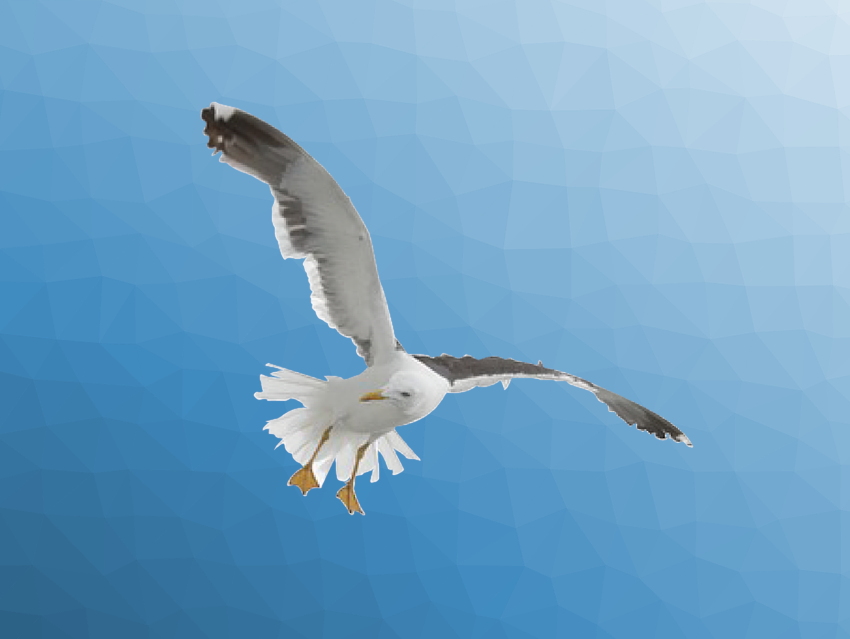Microplastics, i.e., plastic particles less than five millimeters in diameter, are increasingly found in the environment, where they can contaminate the soil, bodies of water, and the air. Microplastics pollution is an important environmental concern. The tiny particles can have a negative effect on organisms, such as seabirds, for example. When seabirds ingest microplastics, it could, e.g., affect their gut microbiome. However, the effects of microplastics on the gut microbiomes of wild seabirds have not been well-explored.
Gloria Fackelmann, Simone Sommer, Ulm University, Germany, and colleagues have investigated the changes microplastics cause in the gut microbiomes of two species of seabirds, i.e., northern fulmars (Fulmarus glacialis) in Canada and Cory’s shearwaters (Calonectris borealis) on the Azores, an archipelago that is an autonomous region of Portugal. Both of these species are surface feeders and tend to ingest microplastics. The team collected 27 northern fulmars and 58 Cory’s shearwaters. Samples of bacteria were collected from the proventriculus, the first part of a bird’s stomach, and the cloaca at the end of the bird’s digestive tract, and the DNA in the samples was analyzed. Microplastics from the gastrointestinal tract were also collected and characterized.
The team found that the amount of microplastics in the gut was correlated with microbial diversity and the composition of the microbiome. Microplastics were associated with fewer of the mostly beneficial “indigenous” bacteria and more pathogens as well as antibiotic-resistant and plastic-degrading microbes. According to the researchers, the results indicate that environmentally relevant concentrations and types of microplastics can affect the gut microbial diversity of wild seabirds. This could affect the animals’ health due to the importance of the gut microbiome, which might also have implications for zoonoses, i.e., diseases that can be transmitted from animals to humans.
- Current levels of microplastic pollution impact wild seabird gut microbiomes,
Gloria Fackelmann, Christopher K. Pham, Yasmina Rodríguez, Mark L. Mallory, Jennifer F. Provencher, Julia E. Baak, Simone Sommer,
Nat. Ecol. Evol. 2023.
https://doi.org/10.1038/s41559-023-02013-z




